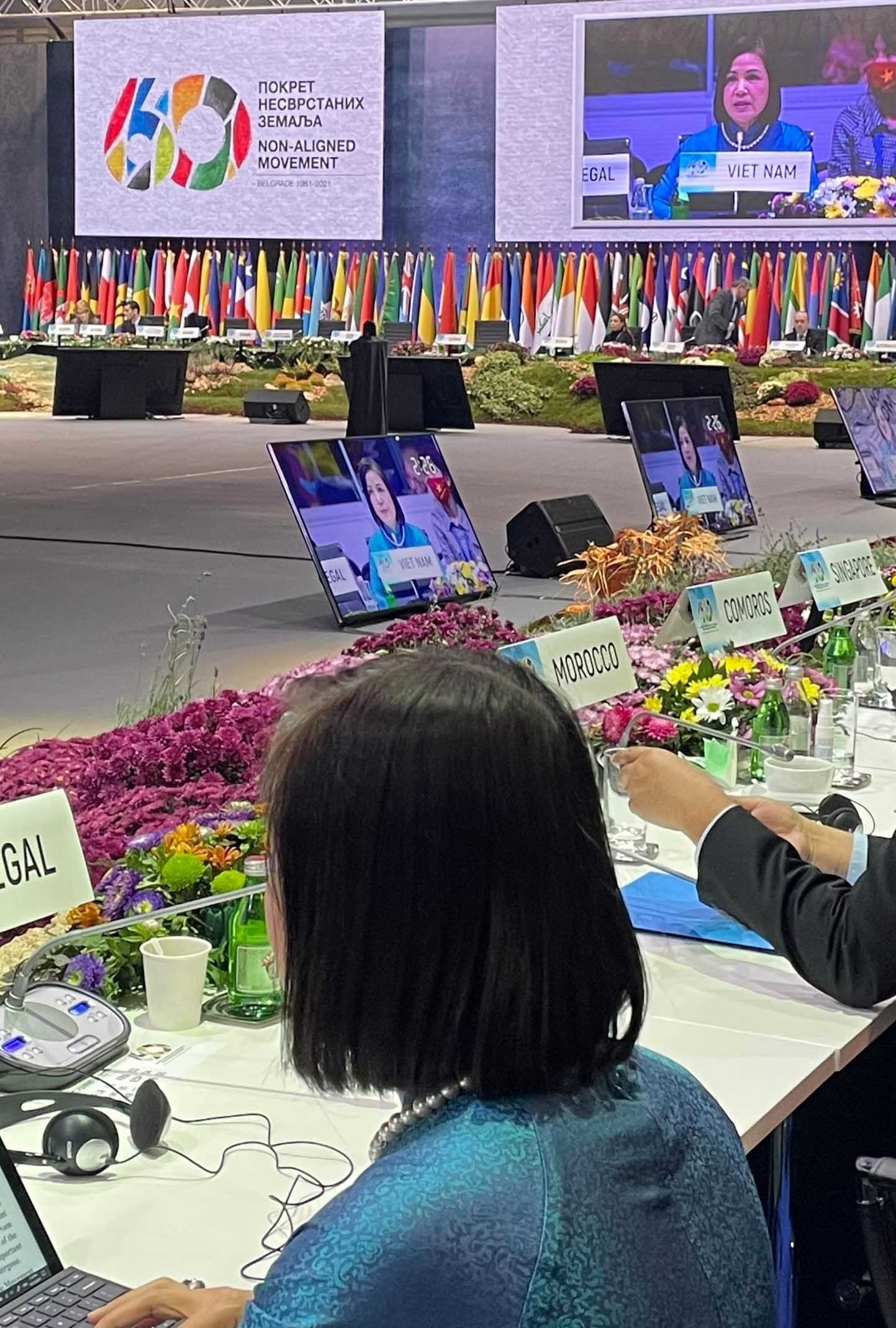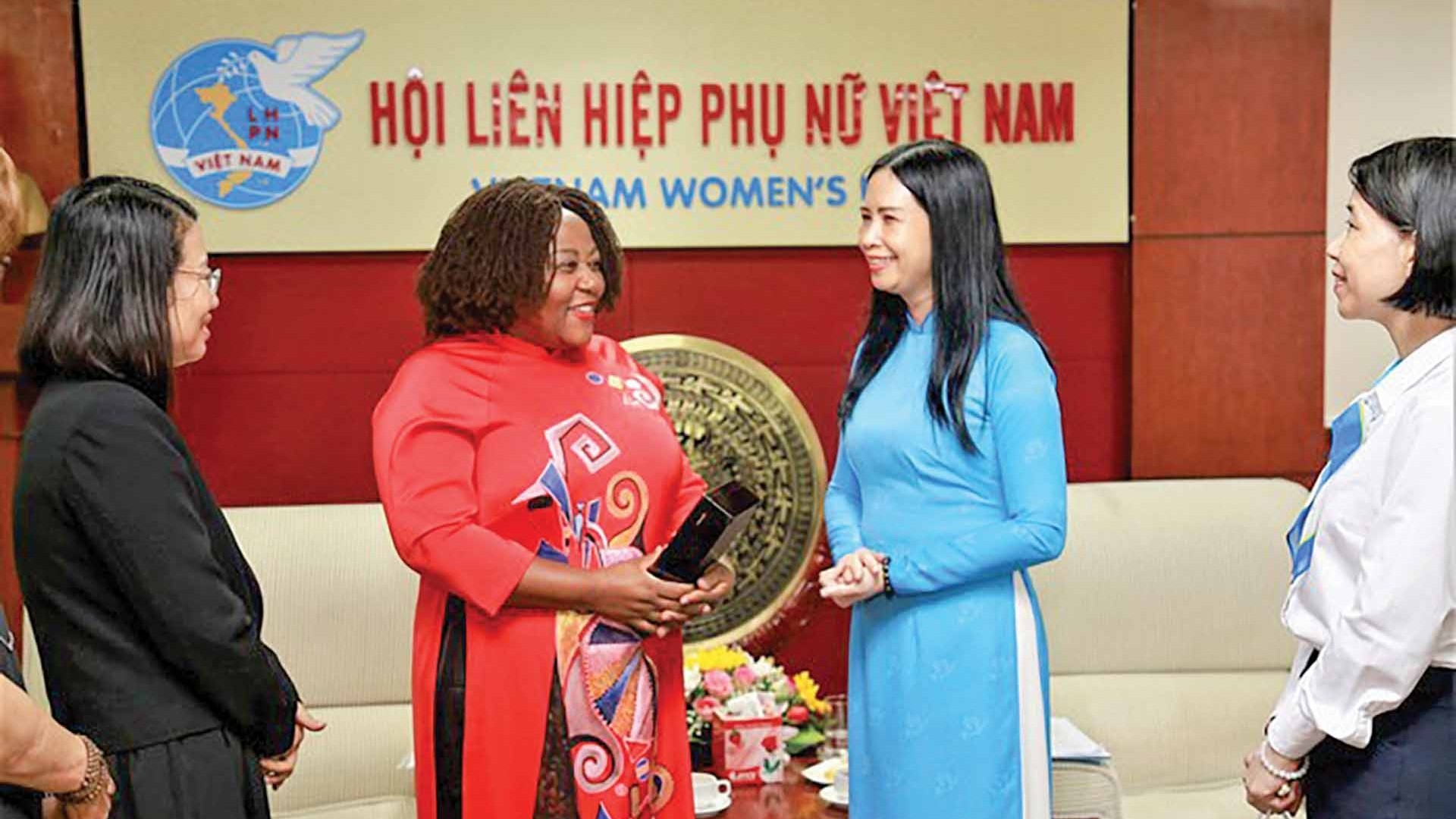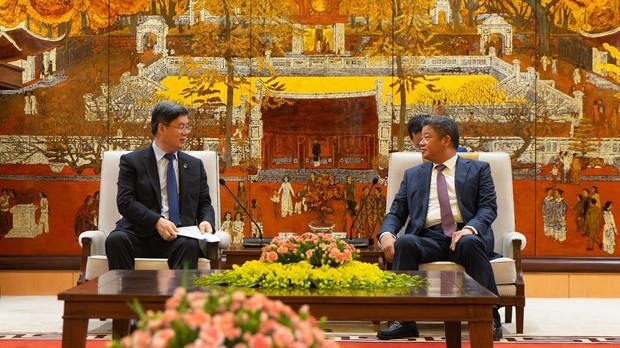
Viet Nam calls for multilateral cooperation at Non-Aligned Movement meeting
Latest
 |
| Ambassador Le Thi Tuyet Mai, head of the Vietnamese delegation to the High-Level Commemorative Meeting to mark the 60th Anniversary of the Non-Aligned Movement (NAM) speaks at the event. (Photo: VNA) |
Mai, who is head of the Permanent Delegation of Viet Nam to the UN, World Trade Organisation (WTO) and other international organisations in Geneva, made the call when addressing the NAM high-level meeting, which was held on October 11 and 12 and gathered 500 delegates from over 100 member states.
The ambassador took the occasion to congratulate the NAM for playing an important role in international relations and raising a strong voice in support of the interests and aspirations of mankind towards a peaceful, prosperous, democratic, equal and sustainable world.
Given different challenges facing NAM, including resources and territorial disputes among nations as well as an economic downturn and deeper social inequality due to COVID-19, Mai called on member countries to step up global and regional multilateral cooperation in contribution to the peaceful settlement of international disputes and ensuring equitable access to COVID-19 vaccines and medicines towards an inclusive and sustainable recovery after the pandemic.
The diplomat stressed the role of the Association of Southeast Asian Nations (ASEAN) in maintaining and promoting security in the region.
She affirmed that as a responsible member of NAM, ASEAN, and the UN Security Council, Viet Nam always upholds the movement’s goals and principles in promoting peace, stability and sustainable development, especially maintaining maritime security and safety in the East Sea in accordance with international law, particularly the 1982 United Nations Convention on the Law of the Sea (UNCLOS).
Participating member nations stated NAM is one of the largest multilateral forums representing the voices of developing countries in the current context of a changing world.
Highlighting such challenges as the COVID-19 and inequality in vaccine access, they urged the promotion of multilateralism in response to the pandemic and regarding international relations in general.













